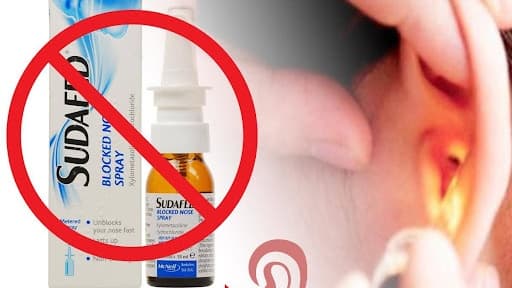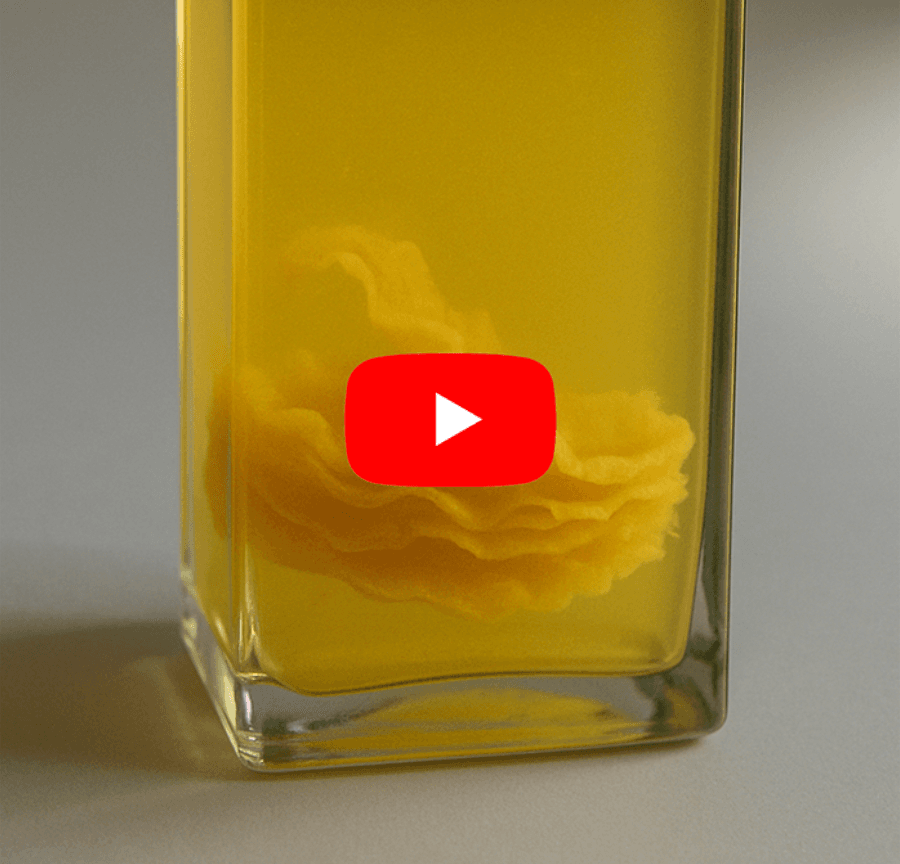Stop Eating THIS... It Causes Fatty Liver & Insulin Resistance! | Dr. Robert Lufkin
In recent years, our understanding of fructose has undergone significant reevaluation. Long dubbed as a "good" sugar alternative by organizations like the American Diabetes Association, fructose has often been recommended over glucose due to its lack of immediate effect on insulin levels.
Fructose, although chemically similar to glucose, is unique in its sweeter taste and distinct bodily handling. Historically, fructose was viewed favorably because it does not cause spikes in blood glucose levels.
Unlike glucose, which is utilized by nearly every cell for energy, fructose metabolism occurs primarily in the liver. This unique metabolic pathway makes fructose similar to ethanol; the liver detoxifies it but also transforms excess intake into fats, leading to fatty liver disease.
An alarming rise in what was once categorized as alcoholic fatty liver disease had medical professionals puzzled, particularly when diagnosing teetotalers or children. This mystery began to unravel with the ascension of high fructose corn syrup as a prevalent sweetener in the food industry since the 1980s.
Research by experts like Dr. Robert Lustig highlights that eliminating fructose—even temporarily—can reverse the damage, suggesting its impactful role in liver health. His dietary interventions demonstrated recovery from fatty liver disease within weeks.
Emerging evidence reveals that fructose exacerbates insulin resistance, increases uric acid leading to gout, and influences cardiovascular disease through its effects on blood vessel lining. These metabolic insights place fructose as a serious contender in health and nutrition discussions.
Recognizing fructose as more than a mere sugar alternative is crucial. With links to widespread health conditions like NAFLD, gout, and heart disease, attending to its consumption can significantly impact public health. Though largely overlooked, embracing the knowledge around fructose can drive effective health strategies, preventing its insidious damage.
"We all need to be concerned about fructose, even if we don’t have fatty liver disease."
From Around The Web
Wellness Inbox is a blog & weekly newsletter that curates trending news and products related to health and wellness from around the web. We also gather content from various sources, including leading health professionals, and deliver it directly to you.
Please note that we may receive compensation if you purchase any products featured in our newsletter. Wellness Inbox is not affiliated with, nor does it endorse, any health professionals whose content may appear in our newsletter. The information provided is for general informational purposes only and should not be considered medical advice.
The information provided is not intended to replace professional medical advice, diagnosis, or treatment. All content, including text, graphics, images, and information available is for general informational purposes only. We do not guarantee the accuracy or completeness of any information presented and assume no liability for any errors or omissions. The content is subject to change without notice. We encourage you to verify any information with other reliable sources and consult your physician regarding any medical conditions or treatments.







